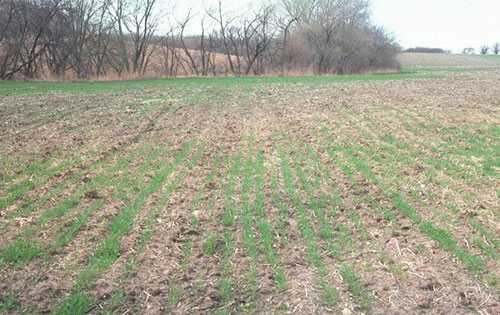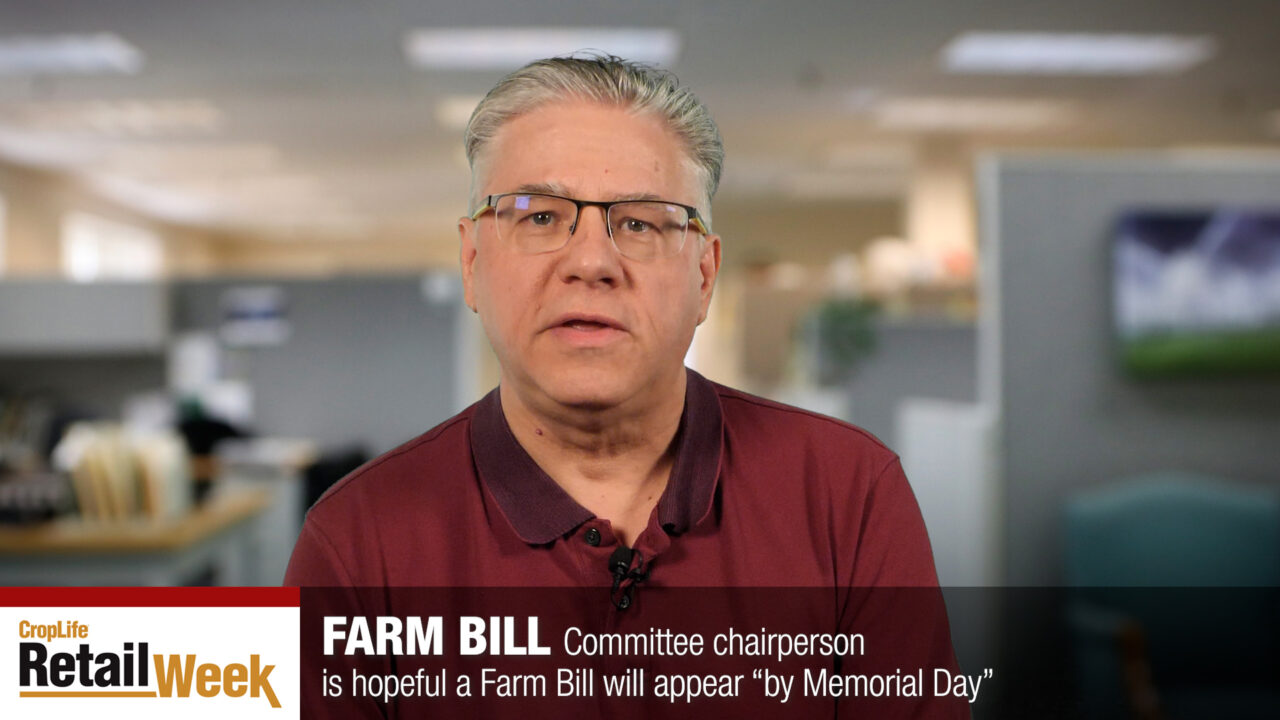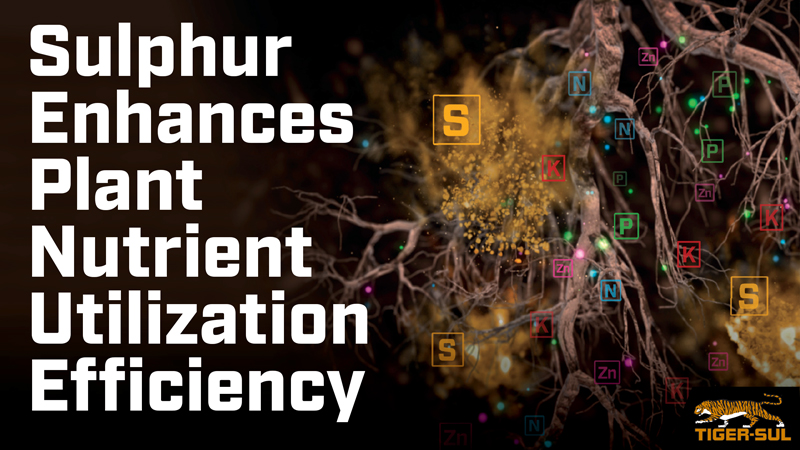The Importance Of Wheat Seed Treatments
Fungicide seed treatments help to reduce losses caused by seed transmitted and soilborne fungal diseases of wheat, according to the University of Nebraska-Lincoln Extension Plant Pathologist Stephen Wegulo. Some seed treatment products contain a fungicide and an insecticide and offer additional protection against fall season insects such as aphids.
Seed-Transmitted Diseases
Seed-transmitted fungal diseases of wheat include common bunt, also known as stinking smut, loose smut, black point, ergot, and diseases caused by Fusarium. These diseases can cause varying levels of yield loss and occasionally total loss.

Poor stand establishment due to soilborne and some seed-transmitted diseases of wheat. Credit: University of Nebraska-Lincoln
Loss results from seedling blights and damping off caused by some fungi and grain loss caused by common bunt and loose smut fungi. In the case of common bunt, total loss is almost certain due to rejection at the elevator, as happened this year in an area covering portions of southwest Nebraska and northeastern Colorado.
In addition to loss in quantity, these diseases also lower grain quality and therefore value because affected grain is downgraded.
Soilborne Diseases
Soilborne fungal diseases of wheat include common root rot; Pythium root rot; Rhizoctonia root rot; and Fusarium root, crown, and foot rots. These diseases often go unnoticed because they affect the roots and crowns and are less visible than foliar diseases. However, they cause significant yield loss resulting from poor stand establishment and weakened plants that are vulnerable to attack by other diseases and insect pests.
Management
Seed-transmitted and soilborne fungal diseases of wheat are effectively controlled by planting certified, fungicide-treated seed. Because some of these diseases are internally seedborne, systemic fungicides are recommended. Avoid planting farm-saved seed from previous years.
Treating Seed
It is best to buy certified treated seed or use a commercial seed conditioner to clean and treat seed. Seed treated on-farm should be cleaned before treatment. Thorough coverage maximizes effectiveness of the seed treatment.






